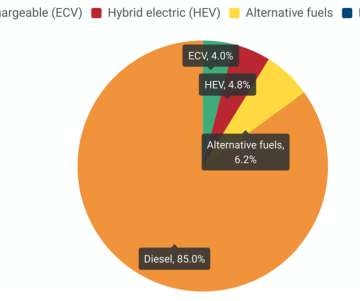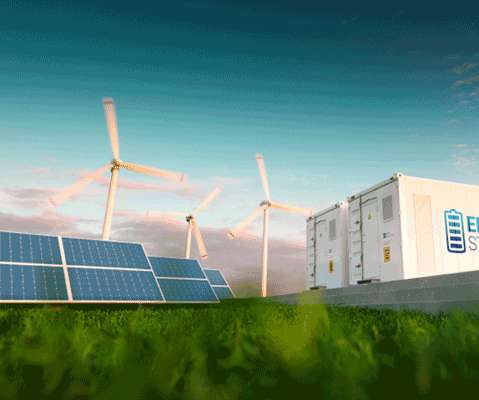ACEA: electric buses made up 4% of new bus registrations in Europe in 2019
Green Car Congress
APRIL 27, 2020
tonnes) registered in the European Union were fueled by diesel; the market share of gasoline in this segment was close to zero. of the EU bus market in 2019, with electrically-chargeable vehicles (ECV) making up 4.0% of total new bus registrations, according to the ACEA (European Automobile Manufacturers Association).












Let's personalize your content